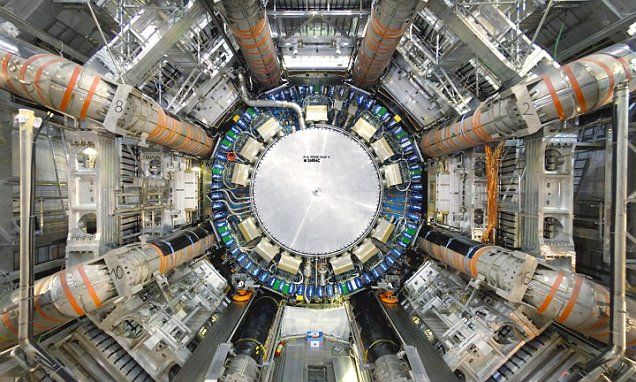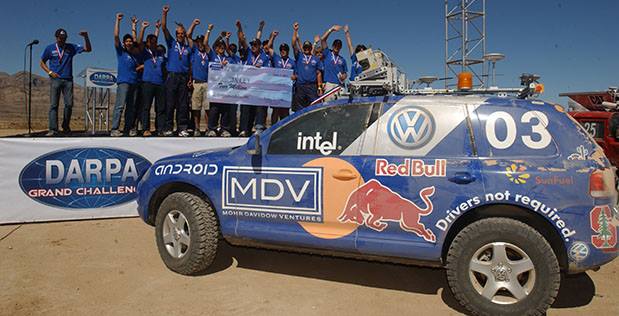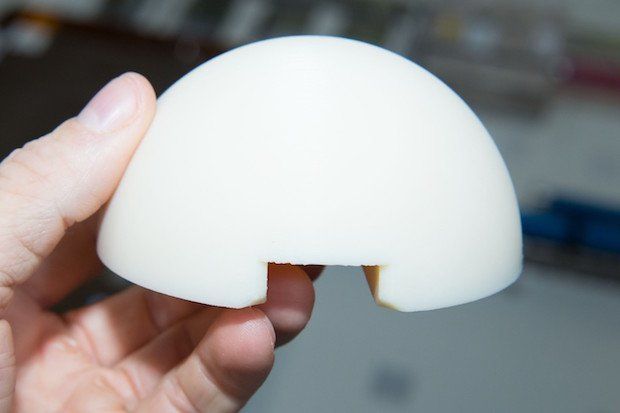Aug 17, 2017
Aging Hearts Find a New Lease of Life
Posted by Steve Hill in categories: biotech/medical, life extension
According to a new study, aging hearts might find a new lease on life. Researchers have demonstrated that stem cells taken from young rats and given to aged rats rejuvenated their hearts, making them functionally younger in a number of ways.
Young at heart
The new study published in the European Heart Journal investigated the effects of cardiac stem cells on the function and structure of aged hearts[1]. There have been previous experiments using cardiosphere-derived cells (CDCs) that have delivered promising results, but they have never been tested in relation to aging.


















